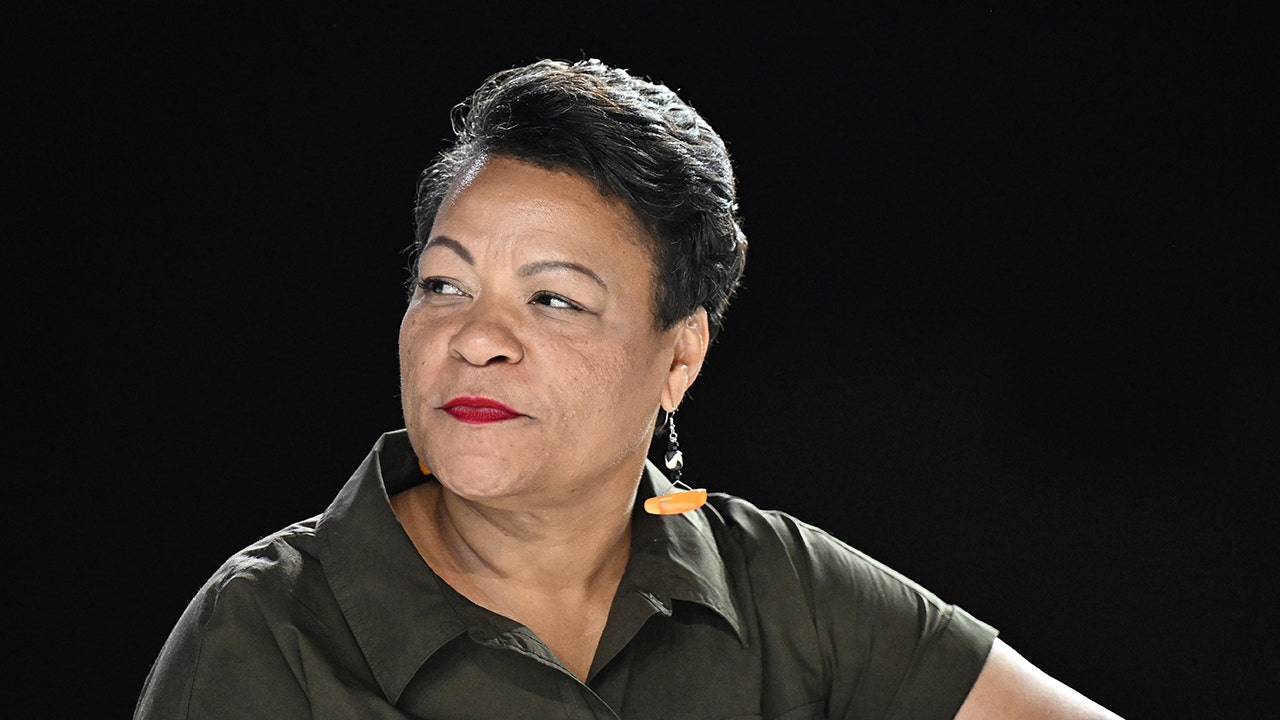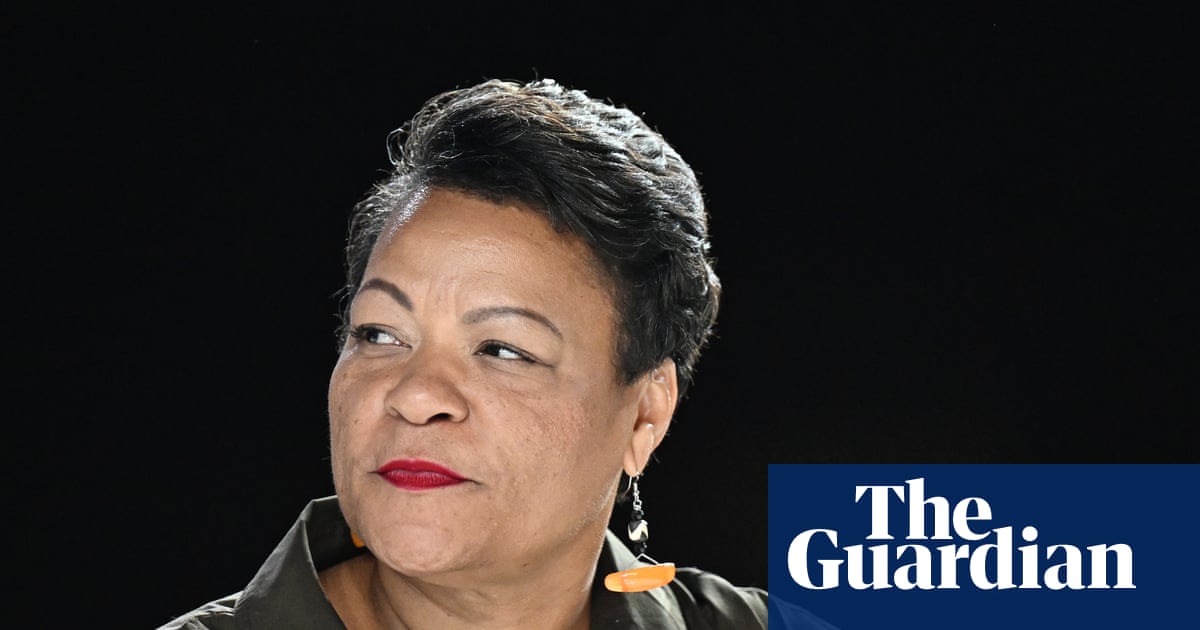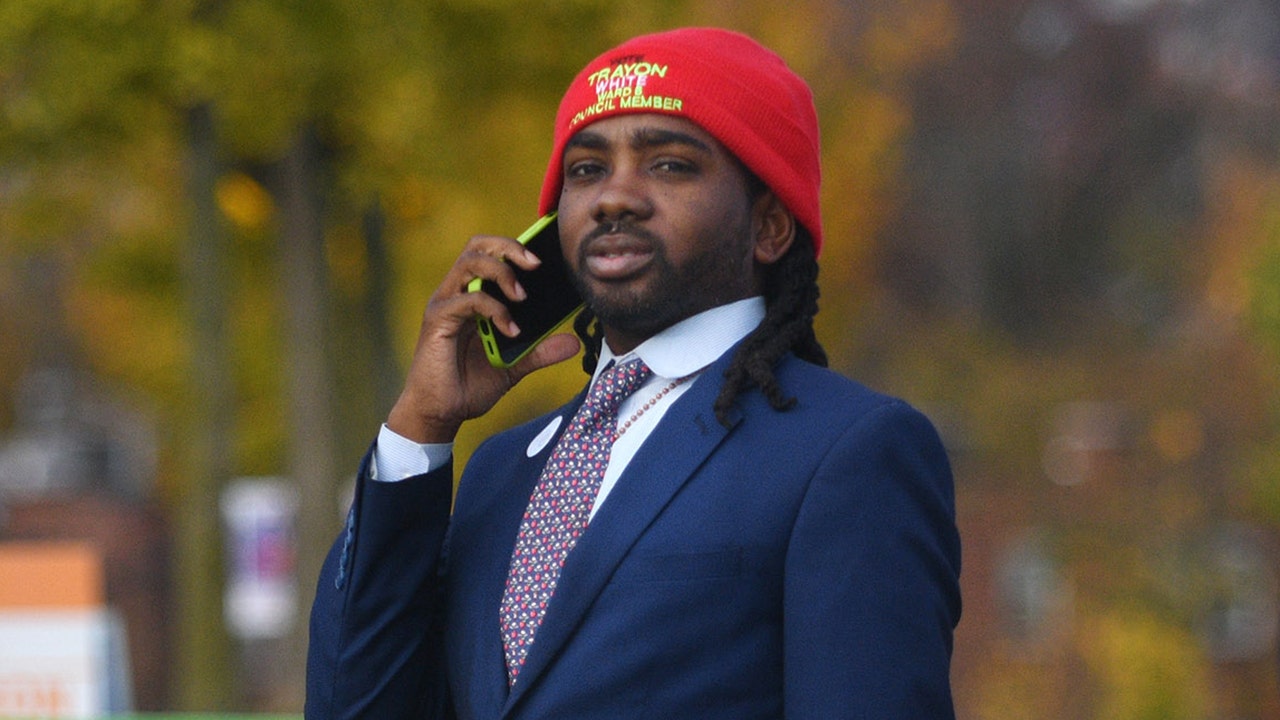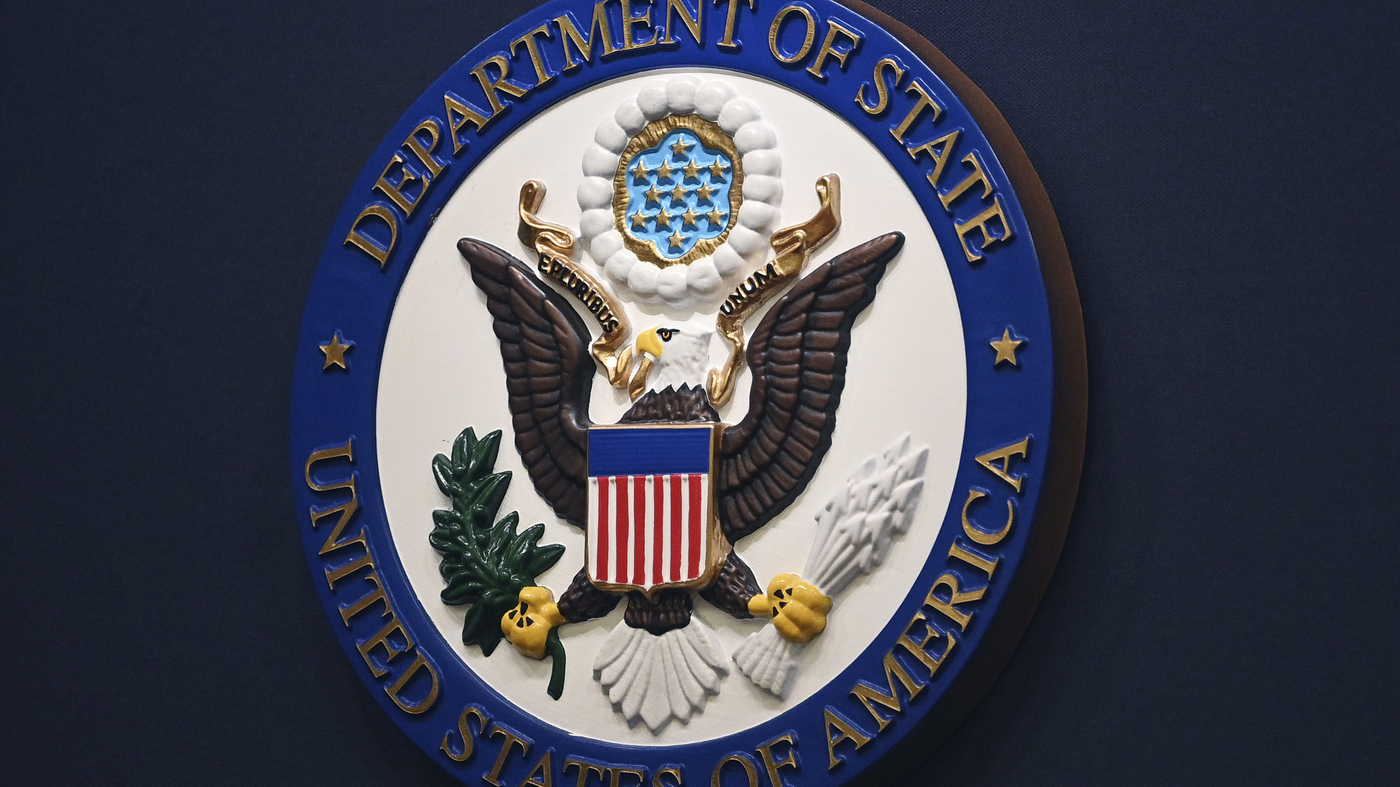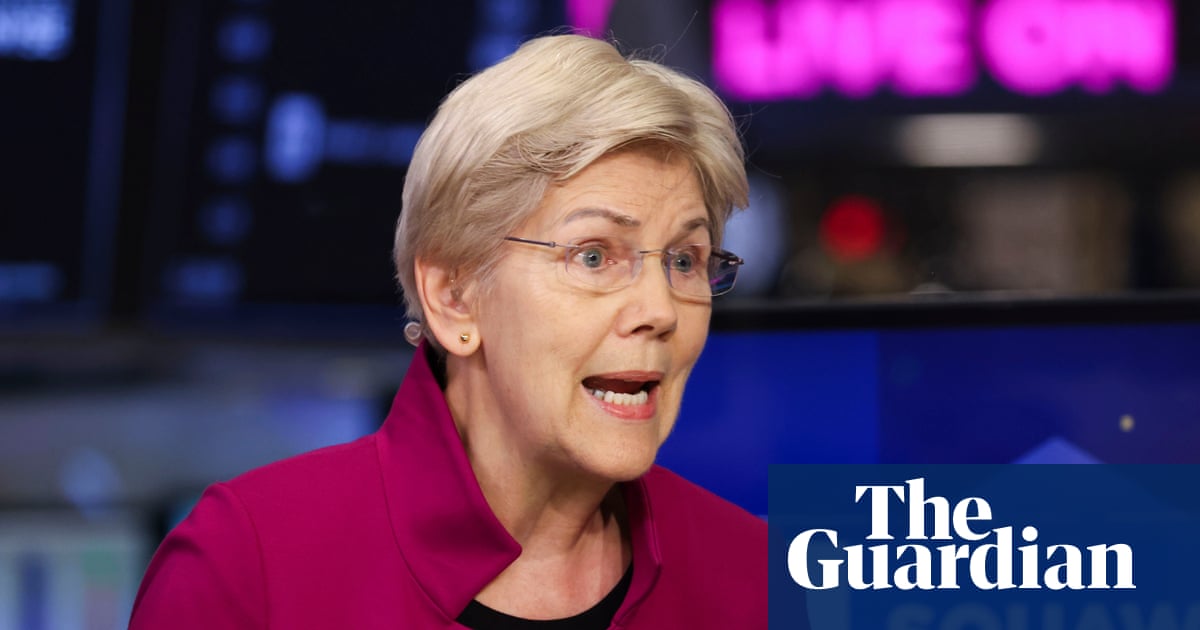On May 8, 2025, Donald Trump faced criticism for his use of tariffs, which some argue represents an unconstitutional seizure of taxation power. This incident highlights ongoing concerns about Trump's approach to governance, particularly regarding the balance of power and adherence to constitutional norms.
Detailed Analysis:
The primary issue raised in the article is Trump's use of tariffs, which is characterized as an unconstitutional seizure of taxation power. This action is significant because it challenges the traditional separation of powers outlined in the U.S. Constitution. Typically, the power to levy taxes is reserved for Congress, and by imposing tariffs unilaterally, Trump is perceived to be overstepping executive boundaries. This behavior reflects a broader pattern of governance where Trump has been accused of bypassing legislative processes to achieve policy goals, raising concerns about authoritarian tendencies.
The use of tariffs as a tool for economic and political leverage is not new, but the manner in which Trump has implemented them has sparked debate. Critics argue that such actions undermine the checks and balances system, which is fundamental to American democracy. By circumventing Congress, Trump not only consolidates power within the executive branch but also sets a precedent that could erode legislative authority over time. This is particularly concerning in the context of U.S. governance, where the balance of power is designed to prevent any one branch from becoming too dominant.
Furthermore, the implications of this behavior extend beyond domestic politics. Internationally, tariffs can strain relationships with trade partners and provoke retaliatory measures, potentially leading to economic instability. Trump's approach to tariffs has been contentious, often criticized for its unpredictability and potential to disrupt global trade norms. This unpredictability can undermine the United States' reputation as a stable and reliable partner in international agreements.
Why This Matters:
The potential consequences of Trump's actions are significant. By challenging constitutional norms, there is a risk of eroding public trust in democratic institutions. If the executive branch continues to expand its power unchecked, it could lead to a weakening of the legislative branch's role in governance, fundamentally altering the balance of power. This shift could have long-term implications for how policies are made and implemented in the United States.
Moreover, the use of tariffs as a unilateral tool of governance can have far-reaching economic impacts. It can lead to trade wars, increased costs for consumers, and strained diplomatic relations. These outcomes not only affect the U.S. economy but also have global repercussions, potentially destabilizing international markets and alliances.
Key Concerning Actions:
- Unconstitutional seizure of taxation power through tariffs
- Bypassing legislative processes, undermining the separation of powers
- Potential erosion of public trust in democratic institutions
- Risk of economic instability and strained international relations due to unilateral tariff imposition
